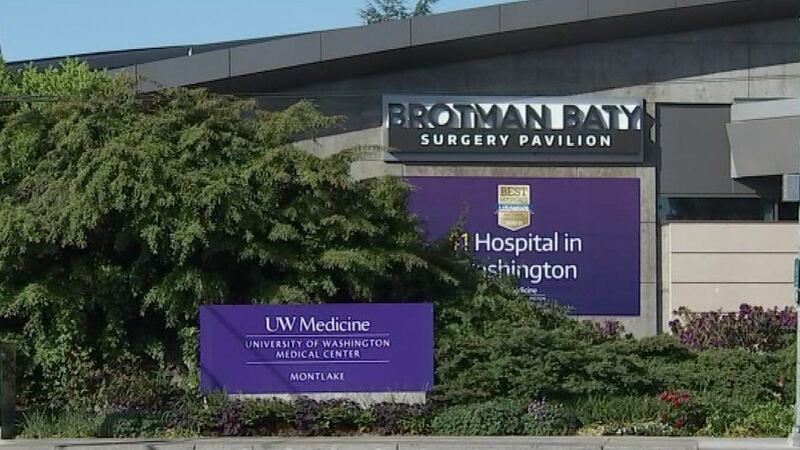The University of Washington Medical Center is leading the way in bladder cancer care with a new groundbreaking treatment which allows for earlier detection and treatment of tumors.
UW’s Northwest Hospital and Montlake Hospital are the first in the state to offer a new high tech treatment called “Blue Light Cystoscopy,” also known as Cysview.
In Washington, bladder cancer is the 4th most common cancer in men and 7th most common among both men and women.
“Bladder cancer affects both men and women. And the most common way we diagnose it is by looking into the bladder with a small telescope. What we’ve realized is we can miss some of the small tumors commonly also when we are trying to completely remove one, we can miss tumor at the edges, too,” said Dr. Jonathan Wright from UW Medicine.
Scroll down to continue reading
More news from KIRO 7
- Rapper Lil Reese, 2 others shot in Chicago in apparent gunfight over stolen car
- Did Seattle sweep homeless camps for a Hollywood film crew?
- Missing tiger in Houston found unharmed
- Do you have an investigative story tip? Send us an email at investigate@kiro7.com
Using this groundbreaking blue light technology, doctors can now see the tumors more easily.
In the operating room, a long flexible tube with a fiber optic lens attached to it is inserted in the bladder. When surgery starts, a scope is used to inspect the bladder first with white light, then with blue light.
“We have a number of us that do bladder cancers and. each one of us has had that ‘AHA’ moment when all of a sudden you’re looking and you flip over to blue light and I wouldn’t have seen that tumor, I would have missed it,” Dr. Wright explained.
The goal is to make sure they remove the tumors as soon as possible to prevent recurrence.
Dr. Wright says it’s been used on a number of a patients for almost a year now.
The timing of it is critical since the pandemic has led to some delaying visits to their doctor.
“We’ve definitely seen patients afraid to come in. And that’s led to delay in diagnoses, further advanced cancers and more difficulty in treating them,” Dr. Wright added.
He hopes that one day scientists will be able to harness this technology to treat more types of cancer.
Cox Media Group








